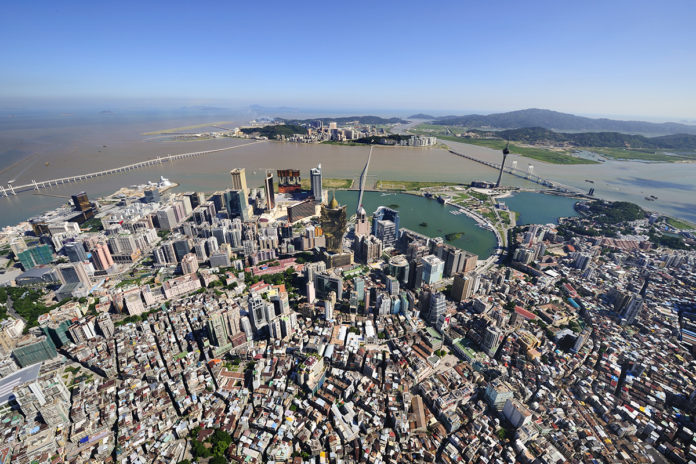Foreign professionals in Macau are happy with their jobs, salary level and career opportunities development. On the down side, they face transportation problems and lack a sense of community due to language and cultural differences. These were the conclusions of a study conducted by academics Macau Jaeyeon Choe and Michael O’Regan – affiliated with the Institute for Tourism Studies (IFT) – on 15 expatriates. “The fifteen skilled expatriates expressed job satisfaction, as well as security and safety satisfaction. They were highly satisfied with salary levels and career development opportunities”, the authors declared. Concerning the quality of life in Macau, some 60 per cent of the interviewees said they were satisfied, while only 11 per cent said they were unhappy. In relation to the future, a clear majority of 72.6 per cent of the non-resident workers were said to be positive with only 7.7 per cent disagreeing. With regard to the financial situation satisfaction was less evident. Around 46 per cent of the interviewees said they were satisfied, 33 per cent were neutral and 20.9 per cent were unhappy. Challenging housing costs In relation to the problems of living in Macau, the foreign personnel stressed traffic jams, crowding and housing costs associated with rapid tourism development. ‘Negative social and environmental impact such as noise and water pollution, littering, traffic jams, crowding, crime, housing costs, and disruption by tourists when they use public facilities [was of concern]. While they perceive job satisfaction very highly, they were dissatisfied by a lack of sense of community and communication’, the article concludes. Concerning transportation, 47.3 per cent of the interviewees said their life is restricted by transportation problems, while 53.9 per cent said they were aware of transportation problems. Concerning the physical environment, which includes pollution and noise, only one third of these workers said they were happy, while the remaining two thirds were ‘neutral’ or unhappy. The authors also explained that the lack of the sense of community was primarily caused by language and cultural difficulties, which made these workers more likely to be integrated into expat communities. Meanwhile, their sexual lives were also identified as a problem for expatriates with only 34.1 per cent happy. Lack of political answers At the end of the study the authors expressed concern that the region may not be able to retain its skilled workers for longer periods. The fact was outlined by the lack of ‘any specific measures for local residents or foreign workers’ during the 2015 Policy Address by the Chief Executive of Macau. Also, the fact that in 2014 more skilled expatriates left China and Hong Kong than entered is seen as a warning signal to Macau because it ‘lacks modern infrastructure, good education and health systems, and a general understanding of English-means government [thus] employers will have to work harder to attract and retain expatriates.’
—
























